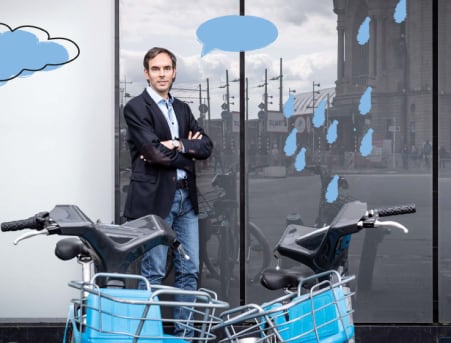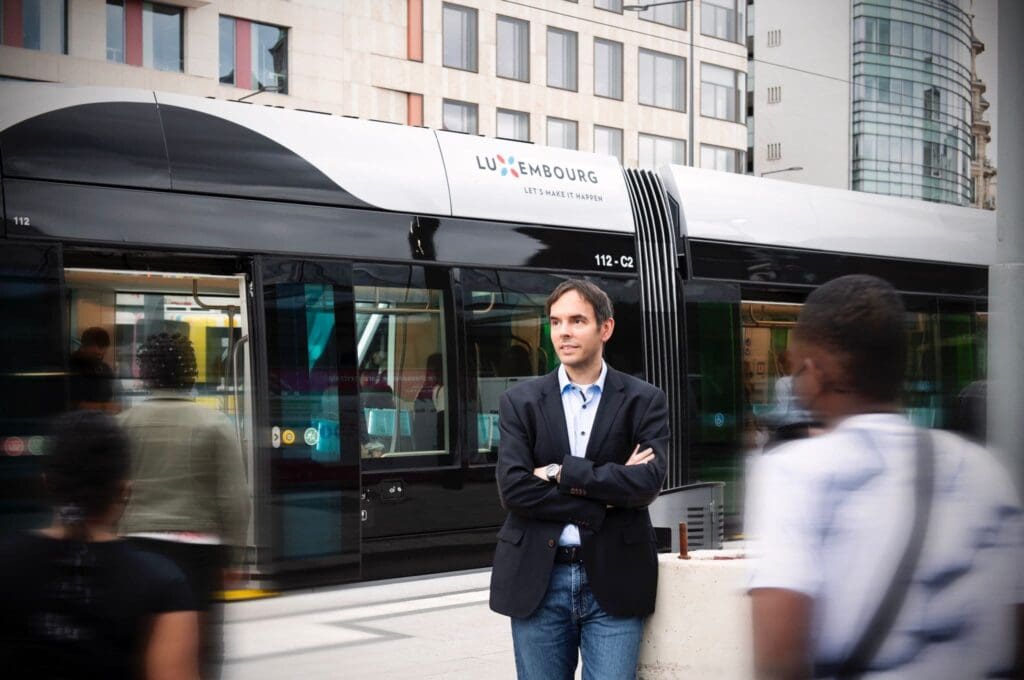
Andrew Ferrone, climatologist and meteorologist
Climatologist and meteorologist Andrew Ferrone represents our country on the IPCC, the Intergovernmental Panel on Climate Change. His mission is one that he takes to heart, and he carries it out with great commitment. Andrew Ferrone particularly appreciates the IPCC's way of working, which is based solely on science. According to the current report, global warming is essentially caused by human activities; global temperatures will continue to rise despite our efforts. This trend is also being felt in our country, and can be seen in longer periods of drought, flooding and heat waves.
Will flooding in Luxembourg in the summer of 2021 be unprecedented?
Yes, the record rainfall of 14-15 July! More than 105 litres/m2 were measured at Godbrange. Such events will no doubt become increasingly likely as a result of climate change. Temperatures are also now 1.6°C higher than in the last 30 years.


What other meteorological events have marked you in Luxembourg?
The first phenomenon that struck me as a meteorologist was the tornado of 2019, which caused a lot of damage in the south of the country! But we can neither observe nor predict an increase in tornadoes due to climate change in Luxembourg.
Second phenomenon: heat waves, more specifically those of 2003, 2018 and 2019, when a temperature of 40.8°C was recorded in Steinsel! This is the highest temperature measured in Luxembourg since 1838, when measurements began. Without climate change, this would not have happened. Of course, there were heatwaves and droughts before climate change, but never on this scale. These are striking accumulations. The 10 hottest years ever measured in Luxembourg have occurred in the last 20 years. Droughts, on the other hand, are linked to climate change. There have been significant droughts over the last 3 years. But how can we explain this phenomenon, when there has been no great change in rainfall? Well, the soil is absorbing less rainwater than before, because it is evaporating more because of the high temperatures. As a result, the soil dries out more quickly than before when it's not raining, leading to much more frequent droughts.

Is it still possible to reach the 1.5°C target?
According to the current IPCC report, it is still possible to achieve the 1.5°C target by the end of the century. However, the science does not allow us to assess the political aspect. But if current commitments are further increased and backed up by ambitious measures, the target can still be achieved. Global CO2 emissions would then have to be cut by at least half by 2030 compared to 2005 levels. And thus achieve carbon neutrality by 2050. It's important to remember that every measure counts. Even the smallest ones!

